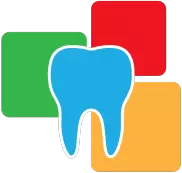What Is Pyorrhea and How Can It be Treated?
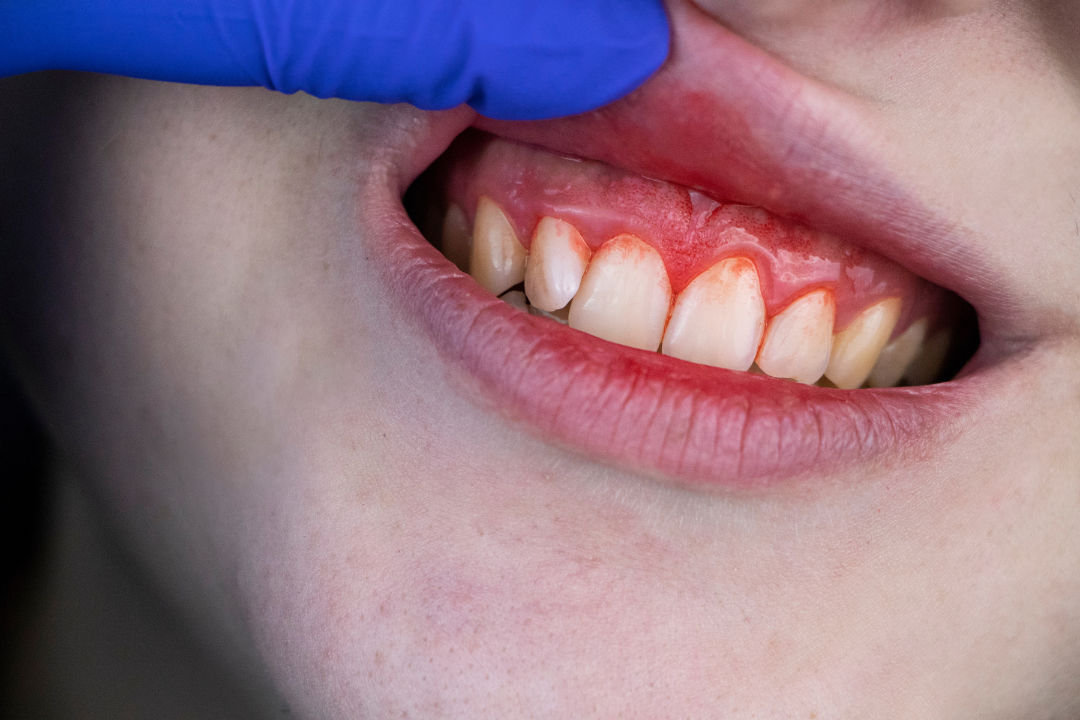
Understanding Pyorrhoea
Pyorrhoea is the advanced stage of periodontitis, which may also be termed as the worst gum disease. Usually, it would be diagnosed once the earlier stages of gum diseases are left untreated. Generally, gum diseases have three stages: gingivitis, periodontitis, and lastly, advanced periodontitis (pyorrhoea). The surrounding and supporting tissues of the teeth are affected, possibly losing them if left untreated.
The good news is that early detection and proper gum treatment for gum disease could manage or even prevent pyorrhea. Knowing the symptoms and causes of pyorrhea gum disease is the first step to proper action.
Pyorrhea Gum Disease Stages
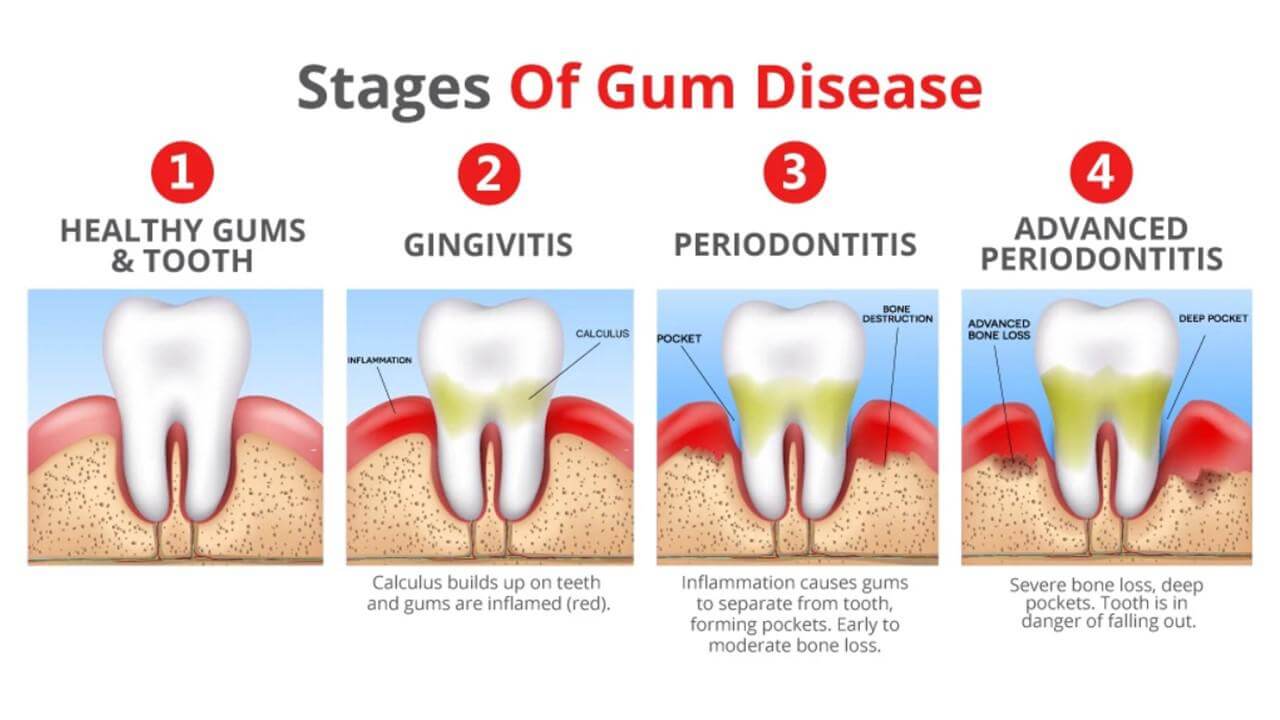
1. Gingivitis:
This is taken as the initial stage of gum disease. Symptoms include inflammation and bloody gums, but the patient experiences very slight discomfort.
2. Periodontitis:
If gingivitis is not treated in time, then periodontitis sets in, wherein the supporting bone and tissues of the teeth begin to get damaged.
3. Advanced Periodontitis (Pyorrhea):
Here, in this last stage, the loss of the bone and soft tissues is extreme, causing the loss of teeth.
Pyorrhea Symptoms
The symptoms of pyorrhea gum disease have to be recognized early to prevent developing further infections. Some common symptoms include:
Bleeding Gums:
Some of the most common indications for pyorrhoea is bleeding in your gums when you brush or floss.
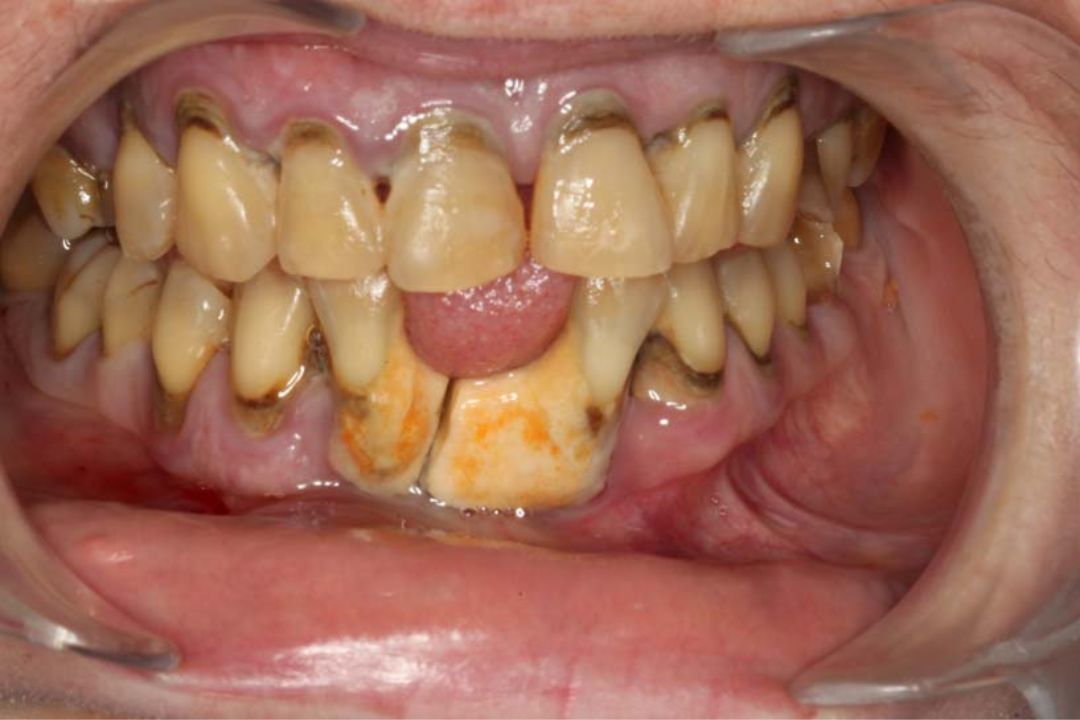
- Constant Bad Breath: This might also be due to infection of the gums. Commonly known as halitosis
- Receding Gums: The root of the tooth becomes exposed due to receding gum line and thus is prone to rot.
- Loose Teeth: Through damage to the bone.
- Pain while Chewing: Failure to adequately chew is an indication of an advanced stage of the pyorrhea disease.
- Pus between the Teeth and Gums: The bacteria found between the teeth and gums result in pus, therefore showing extreme infection
- Changes in Bite: Bones around the gums as well as the positioning of the teeth are destroyed by excessive bacteria growth, thus leading to a change in bite.
Causes of Pyorrhea
These causes may cause the pyorrhea gum disease:
- Poor Oral Hygiene: Failure to brush and floss properly is a stagnation of plaque and tarter, which causes infections.
- Smoking and Tobacco Use: These are the main risk factors toward gum diseases.
- Genetic Predisposition: Some people are more likely to acquire gum disease than others because of their genetic lineages.
- Other Conditions: Diabetes, for instance, accelerates the effects of gum diseases.
-One of the causes of supersensitivity of gums and bleeding is due to hormonal changes, including being pregnant or in menopause.
- Many drugs affect the gum tissue, thereby causing bloody gums.
- Lack of nutritional diet deprives the gums of essential nutrients, thus destroying the gums and resulting in pyorrhea disease.
Treatment available for Pyorrhea
After this diagnosis, gum treatment for gum disease should be undertaken immediately. The following can be undertaken to manage pyorrhea disease:
1. Professional Deep Cleaning (Scaling and Root Planing)
- Scaling: It removes plaque and tartar from the surface of the teeth as well as below the gum line.
- Root Planing: After scaling, the roots of the tooth are smoothed to help the gums reattach and prevent further accumulation.
2. Antibiotic Therapy
- Topical Antibiotics: The topical antibiotics are applied straight to the infected areas to decrease bacteria.
- Oral Antibiotics: The oral antibiotics are prescribed if the infection is major to eliminate the cause of the infection.
3. Surgical Procedures
- Flap Surgery: In severe cases, surgery would have to be done in order to remove the tartar and to reduce the size of the periodontal pockets.
- Bone and Tissue Grafts: These treatments help to rebuild some of the lost bone and tissue around the teeth.
- Guided Tissue Regeneration: This treatment encourages the formation of new bone and tissue where the gum disease has damaged the bone.
4. Good Oral Hygiene Habits

- Brushing Twice Daily: Brushing daily can help remove plaque and prevent bleeding gums.
- Regular flossing: removes food particles and plaque stuck between the teeth to avoid any progression of gum disease.
- Mouthwash: The antibacterial properties in the mouthwash significantly limit the action of bacteria which cause bloody gums.
- Dental examination: It is always a necessity to visit a dentist for regular examinations that update the condition of your gum as well as detect early signs of pyorrhea.
Prevention of Pyorrhea
Prevention is always better than cure, and good oral hygiene can save a patient from the horror of pyorrhea gum disease. Here are a few preventions:
Balanced Diet: Keeps one healthy, and therefore, an oral balanced diet will strengthen your gums.
Avoid Tobacco: If you are not smoking, cutting tobacco smoking or chewing tobacco reduces the risk of gum disease. Chronic Conditions Managing chronic conditions like diabetes help prevent bleeding gums.
Drink a lot of water: This helps to make your mouth clean and fresh by washing away the bacteria and other particles that contribute to bad breath.
Conclusion
Pyorrhea is an advanced condition of gum disease and can be controlled with the right bleeding gums treatment and prevention measures. The first step in managing this potentially serious condition is the recognition of symptoms, such as bleeding gums, and finding the right bleeding gums treatment to address it as early as possible. Oral hygiene, regular visits to a dentist, and healthy lifestyle are components that may help prevent pyorrhea from advancing and debilitating gum diseases. Take back control of your oral health today.
- A-3, Natraj Nagar near Imli Phatak, Jaipur-302015
- +91 9945826926
- contact@amddentalclinic.com

Is a Dental Implant the Only Option for Replacing a Missing Tooth?
Discover alternatives to dental implants for missing teeth! Explore expert insights from Dr. Mili Gupta at AMD Dental Clinic. Read now to learn more!

Why Dentists Recommend Dental Implants Over Bridges & Dentures | Expert Guide by a Prosthodontist in Jaipur
Discover why dental implants are preferred over bridges & dentures. Learn expert insights from Dr. Mili Gupta at AMD Dental Clinic, Jaipur. Read now!
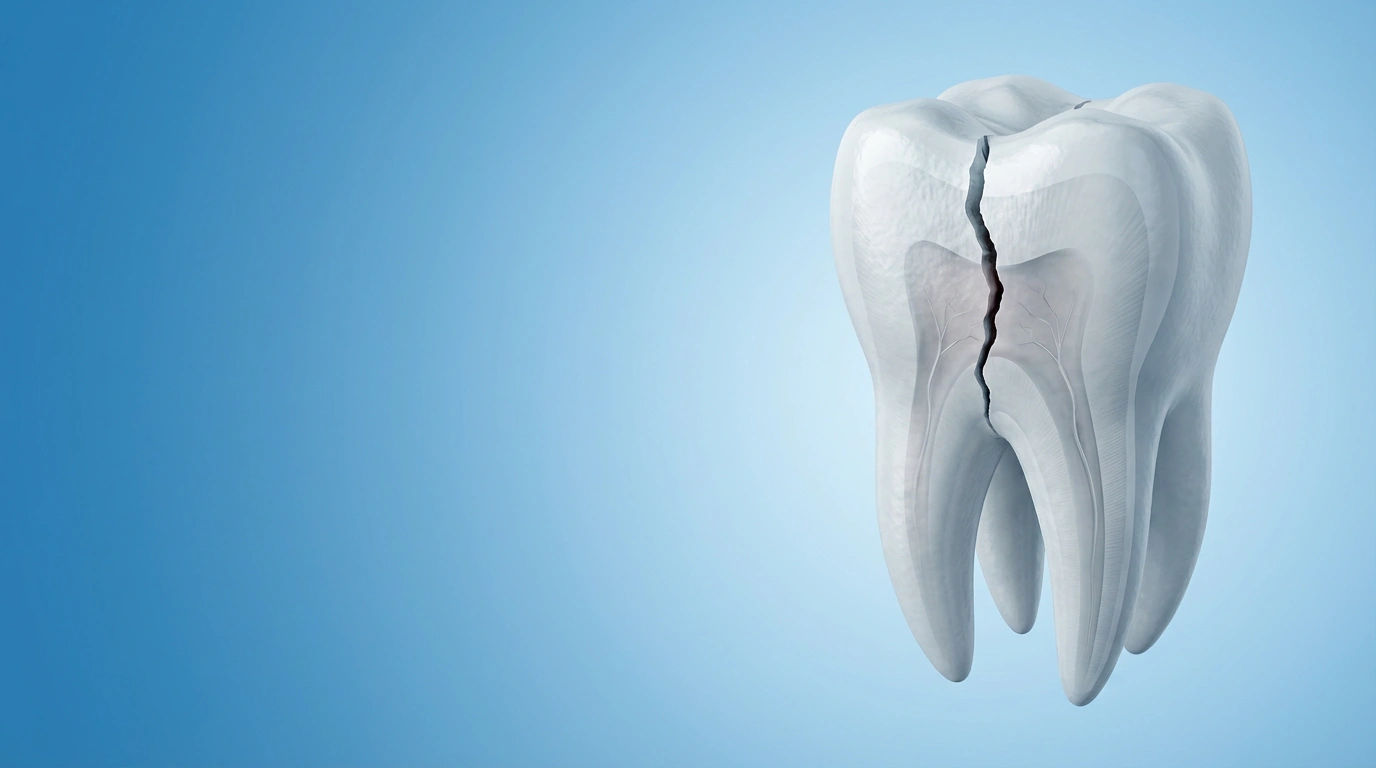
Why Tooth Fractures Are Rising: A Modern Dental Concern You Shouldn’t Ignore
Discover why tooth fractures are increasing and how AMD Dental Clinic can help protect your smile. Learn causes, prevention tips, and expert solutions today!
